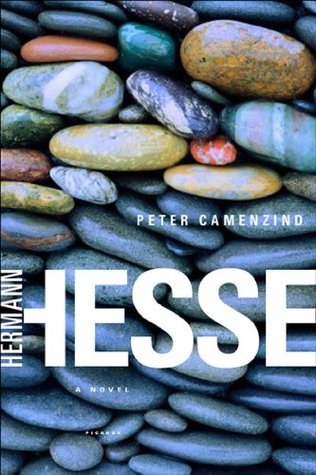More on this book
Kindle Notes & Highlights
My father in particular, and our people in general, endowed me with natural peasant cunning but also with their melancholy and tendency to baseless fits of depression. Since it was my destiny for many years to make my way far from home, among strangers, I would have been better equipped had I taken a good measure of lightheartedness with me on my travels.
For I often dream of myself lying on some shore as an animal, generally as a seal, conscious of such an intense feeling of well-being that, on waking, the recovery of my human dignity fills me not with pride or joy but with regret.
And gradually, the more I read and the more strangely the roofs, streets, and everyday life affected me, the more often I was overcome by the timid and intimidating feeling that I too might be a visionary: the world spread out before me expected me to discover part of the treasure, to rip the veil that covered the accidental and the common, to tear my findings out of chaos and immortalize them through the gift of poetry.
No, I was not really shy—only awkward and stubborn—and I had no doubts that I was man enough to become thoroughly acquainted with this lively city and to make my way in it.
“Oh, love isn’t there to make us happy. I believe it exists to show us how much we can endure.”
Despite my gift for irony and a harmless touch of the supercilious, I had not lost sight of the goal of my dreams—some great fortune, a completion of myself. I had no idea what form it would take. I only felt that life would have to toss some very special luck at my feet—perhaps it would be fame or love, perhaps a satisfaction of my longing and an elevation of my being. I was like a page who dreams of noble ladies, accolades, and princely honors.
I had believed in friendship, in the love of women, and in youth. Now that one after the other had left me, why did I not put my trust in God? But all my life I have been as timid and obstinate as a child, always confident that real life would come like a storm and overwhelm me. It would make me wise and rich, then bear me on its huge wings toward a ripe fortune.
Wise and frugal, life remained silent, however, and let me drift. It sent me neither storms nor stars but waited so that I would become aware of my insignificance again and in patience lose my obstinacy.
So much of Hesse’s work feels like someone reaching into my skull and pulling out sentences that I could never properly articulate.
The diabolical thing about melancholy is not that it makes you ill but that it makes you conceited and shortsighted; yes, almost arrogant.
Art, it seemed to me, had sought in all ages to provide a language for the mute longing of the divine within us.
I used to believe it would be delightful to be loved without loving back. Now I discovered how painful love can be when you cannot return it.
teetered despicably and hopelessly between neurotic introspection and spiritist stimulants.
realized with astonishment that man is distinguished from the rest of nature primarily by a slippery, protective envelope of illusions and lies.
IT SEEMS to have been my bad luck always to receive more than I could return, from life and friends.


